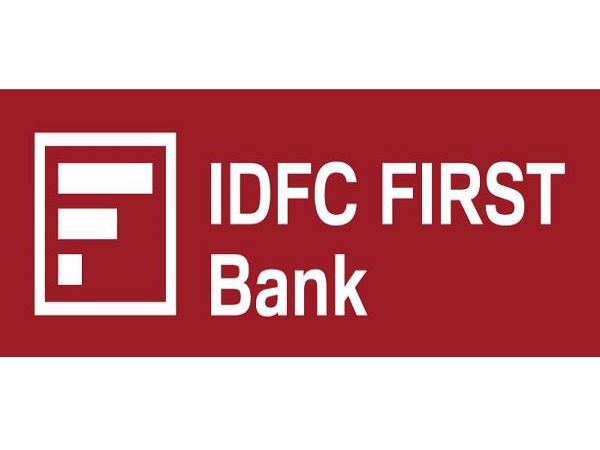What are Infrastructure Mutual funds?
Infrastructure mutual funds or schemes invest primarily in shares of companies in the power, construction, energy, capital goods and metals sector. The invested companies directly or indirectly participate in the infrastructure development of the country. These funds are the riskiest with exposure to just one sector i.e. herein infra sector. With no diversification, there is no element to cover the fall in case the sector faces some headwinds.
Importantly their direct plans also entail a higher expense ratio.
Top CRISIL Rated Infrastructure funds
1. BOI AXA Manufacturing & Infrastructure Fund – Direct Plan – Growth:
This CRISIL 5-star rated infrastructure sector fund invests mainly in shares of companies engaged in infrastructure-related activities or are expected to benefit from them. The fund launched in the year 2013 has since inception offered return of over 16 percent. This is a small fund with AUM of just Rs. 65 crore. Expense ratio of the fund is 1.49 percent.
For initiating a SIP in the fund, minimum investment of Rs. 1000 is needed while for lump sum investment one needs to put Rs. 5000. Rs. 10000 monthly SIP started in the fund 5 years ago with an investment corpus of Rs. 6,00,000 is currently valued at Rs. 10.88 lakh, while a lump sum investment of Rs. 1 lakh in the fund in 5 years has increased to Rs. 2.53 lakh.
Investors be mindful that you can put in your surplus into this fund category only if you have an investment horizon of at least 5 years and have the aptitude to interpret the macros.
Top stocks in the portfolio of this fund are L&T, Tube Investments, Ultratech Cement, Divis Lab, ABB India, Birla Corporation and NTPC among others.
2. Invesco India Infrastructure Fund-Direct Plan-Growth:
CRISIL has ranked this Infrastructure fund by Invesco Mutual Fund as 5-Star. The fund launched 8 years ago in 2013 has since inception given return of over 19 percent. The fund commands a sizable corpus within the category of Rs. 334 crore as on October 31, 2021.Expense ratio of the fund is at 1.46 percent.
In comparison to the benchmark S&P BSE India Infrastructure Index TRI S&P BSE India Infrastructure TRI, the fund has underperformed during a 1-period and offered return of 73.17 percent.
For SIP investment in the fund, you need to put in a minimum of Rs. 500. A SIP investment with Rs. 10000 per month started 5 years back is now worth Rs. 11.21 lakh, while the lump sum investment of Rs. 1 lakh made 5 years ago is valued at Rs. 2.61 lakh.
The fund’s portfolio includes stocks like L&T, RIL, Tata Power, GR Infra, Ambuja Cements, KEI Industries, Indraprastha Gas etc.
| Infrastructure funds |
Ranking |
1-year Annualised SIP return considering NAV as on Nov 25, 2021 |
3-year Annualised SIP return considering NAV as on Nov 25, 2021 |
5-year Annualised SIP return considering NAV as on Nov 25, 2021 |
| BOI AXA Manufacturing & Infrastructure Fund – Direct Plan – Growth |
Crisil 5-star |
55.66% |
40.69% |
24.66% |
| Invesco India Infrastructure Fund-Direct Plan-Growth |
Crisil 5-star |
66.24% |
40.94% |
25.99% |
Should you invest in Infrastructure mutual funds?
Given the way the government is pushing infra development in the country, the sector offers immense potential. Also, we had seen some of the funds from the category doubling investors’ money in the last one year. Nonetheless, as past returns do not guarantee similar returns in the future, aggressive investor class with understanding of the macro trends looking at select funds for reaping higher return than other equity funds can park not more than 10% of their portfolio into this sectoral fund category.
Disclaimer:
In the story, we have listed the 2 top CRISIL rated infra funds and investors or readers should not construe it to be a recommendation to invest in these mutual fund schemes. Furthermore, infra sector funds being concentrated around infra theme are highly risky, so do your own due diligence before taking any investment call.
GoodReturns.in




















